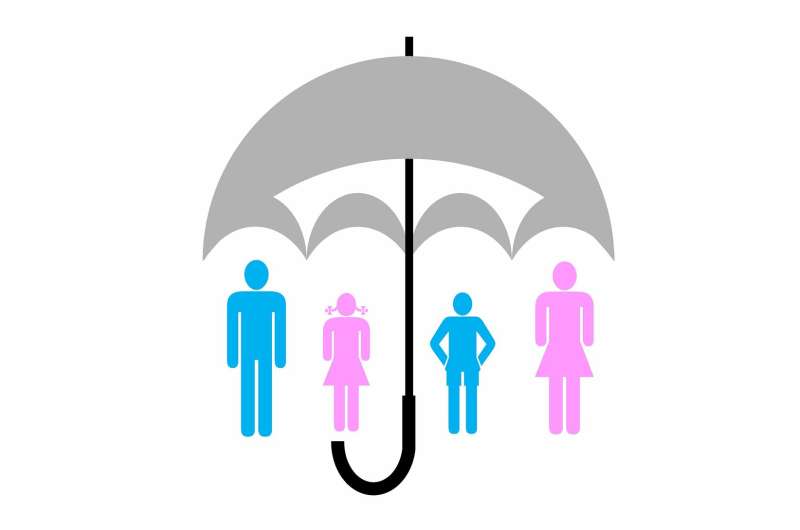Los Angeles Considers Disaster Registry to Support Disabled and Elderly Residents

Los Angeles County is evaluating a disaster registry designed to assist residents with disabilities and seniors during emergencies, amid debates over its effectiveness and privacy concerns. Learn more about the potential benefits and limitations of this initiative.
Following the devastating wildfires in January, Los Angeles County is exploring the development of a disaster registry aimed at assisting residents with disabilities and seniors during emergencies. This initiative seeks to connect vulnerable individuals with emergency responders promptly, ensuring their safety in disaster situations.
In spring, county supervisors approved a feasibility study for this voluntary registry, which aims to better serve the over 1 million residents with disabilities, including those with mobility or cognitive challenges. Advocates emphasize that timely awareness can significantly impact survival rates, especially considering the rising frequency of natural calamities like hurricanes and floods across the United States.
However, the effectiveness of such registries remains contentious. Critics, including disability advocates and federal organizations, argue that registries provide a false sense of security, as they do not guarantee evacuation assistance. For example, a 2023 study revealed that fewer than 5% of registrants during Hurricane Harvey in Texas received contact or aid, and the hurricane resulted in 89 fatalities.
In various states, registries are recognized but often come with caveats. For instance, Florida's Special Needs Registry and North Carolina's system stipulate participants must still plan their own evacuations, and data sharing with emergency services may not ensure timely help. The U.S. National Council on Disability has described such registries as ineffective, citing they often lead to misinformation and privacy concerns.
In Los Angeles, the initiative is particularly urgent given that a third of those who perished in the January wildfire had disabilities that likely hampered their ability to evacuate. Notable cases include Anthony Mitchell Sr., an amputee, and his son Justin, who had cerebral palsy, both among the 18 victims of the Altadena fire.
Demographic shifts further underscore the need for enhanced emergency planning. It is projected that by 2030, more than a quarter of Los Angeles County's population—around 2.5 million people—will be aged 60 or older.
County officials, including Supervisor Kathryn Barger and others, are in the process of evaluating the registry's potential benefits. A county-led study, led by Victoria Jump from the Aging & Disabilities Department, is ongoing and will inform future decisions. This measure follows a previous effort—the Specific Needs Awareness Planning—which was discontinued in 2016 due to its limited impact.
Disability advocates emphasize that the focus should go beyond merely compiling names. They advocate for comprehensive emergency transportation solutions and planning tailored to individuals with disabilities to prevent tragedies similar to the Eaton Fire. As Joan Kailes, a disability advocate, points out, emergency plans must incorporate practical support measures rather than false promises.
Ultimately, while the proposed registry could foster better preparedness, experts caution that it should complement, not replace, individual disaster planning. Los Angeles County’s initiative reflects a broader national debate about finding effective, respectful ways to protect vulnerable populations during emergencies.
Stay Updated with Mia's Feed
Get the latest health & wellness insights delivered straight to your inbox.
Related Articles
Millions Face Loss of Healthcare Coverage Due to Stringent Reenrollment Policies on HealthCare.gov
A new study highlights how burdensome reenrollment policies on HealthCare.gov are leading to significant coverage loss among millions of Americans, risking increased uninsured rates.
Innovative Non-Opioid Strategies for Pain Management Developed by Researchers
Researchers at the University of Texas at San Antonio are developing innovative non-opioid treatments for pain management, focusing on molecular targets to reduce addiction risks and improve patient outcomes.
UK Biobank Study Links Increased Dementia Risk to Physical Frailty
A large UK Biobank study reveals that physical frailty significantly increases the risk of developing dementia, highlighting the importance of early detection and intervention.



